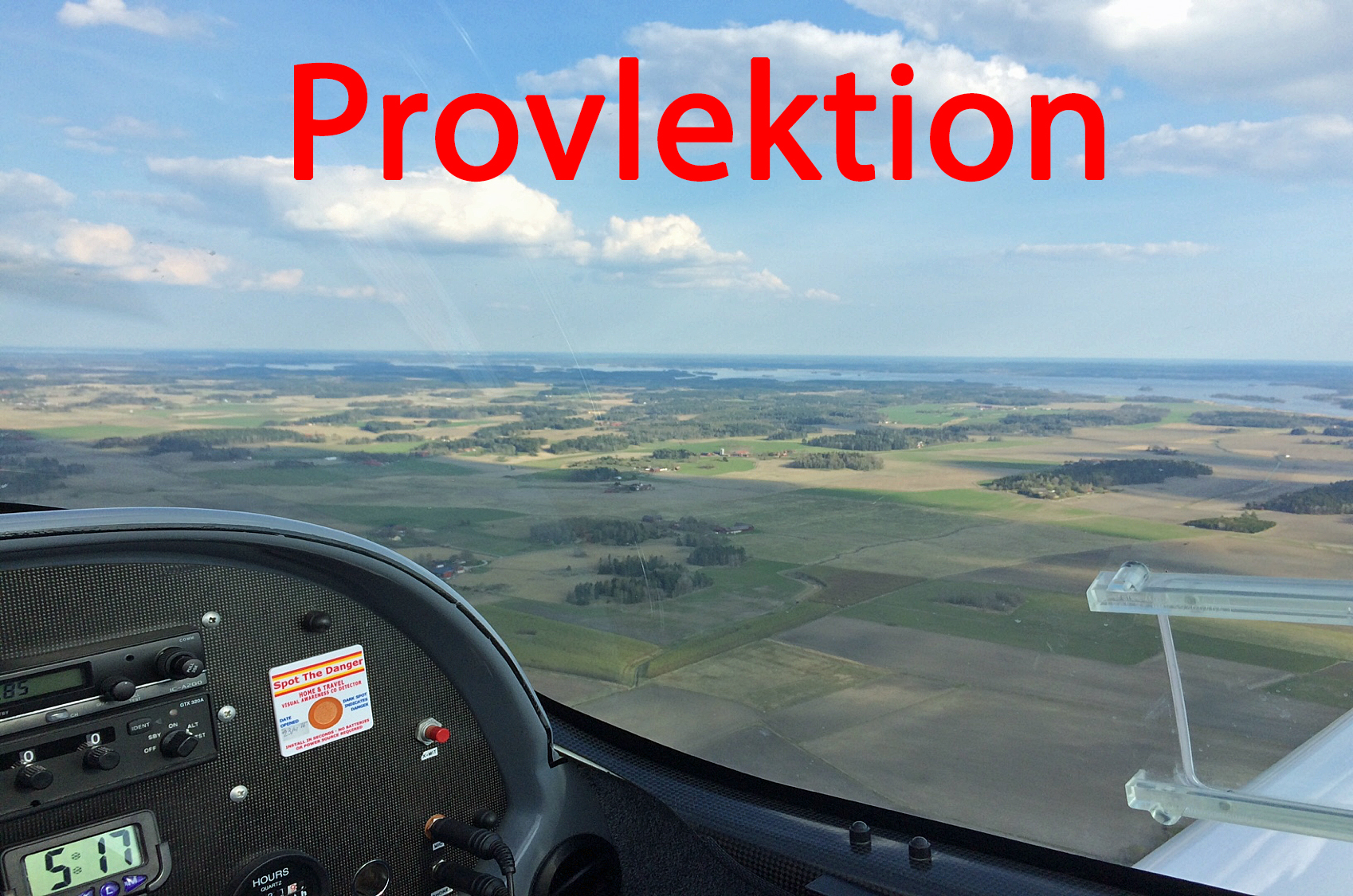As a copy editor with experience in SEO, I understand the importance of using proper grammar in written communications. One area that often poses challenges for writers is agreement between verbs and collective nouns. These are nouns that refer to a group of people, animals, or things as a single entity, such as ”team,” ”family,” or ”government.” To help writers understand and apply proper verb agreement with collective nouns, I have created a worksheet that covers the key rules and provides practice exercises.
Rule 1: Singular or Plural Verbs with Collective Nouns
The first rule to understand is whether collective nouns take singular or plural verbs. Generally, if the collective noun refers to a group acting as a unit, then singular verbs are used. For example:
– The team is playing well this season.
– The committee is meeting at noon.
– The orchestra is rehearsing for the upcoming concert.
However, if the collective noun refers to individuals within the group, then plural verbs are used. For example:
– The family are always fighting with each other.
– The jury were divided in their opinions.
– The staff are working hard to meet the deadline.
Practice Exercise 1: Choose the correct verb form for each sentence.
1. The government (is, are) responsible for protecting citizens` rights.
2. The audience (was, were) moved by the performance.
3. The herd of cows (is, are) grazing in the meadow.
4. The class (is, are) going on a field trip next week.
5. The flock of birds (was, were) flying in formation.
Rule 2: Agreement with Modifiers
Another factor to consider when using collective nouns is agreement with modifiers. If the collective noun is modified by a phrase or clause that highlights its individual members, then plural verbs are used. For example:
– The team of players are all talented athletes.
– The committee members were divided in their opinions.
– The orchestra members are tuning their instruments.
However, if the modifier emphasizes the group as a whole, then singular verbs are used. For example:
– The team with the best record is the one to beat.
– The committee on education has proposed new policies.
– The orchestra as a whole sounds fantastic.
Practice Exercise 2: Choose the correct verb form for each sentence.
1. The family (is, are) planning a vacation together.
2. The group of friends (was, were) excited to try the new restaurant.
3. The band of rebels (is, are) fighting for their freedom.
4. The cast of actors (was, were) rehearsing their lines for the play.
5. The pack of wolves (is, are) hunting for food.
By practicing these rules with the help of the worksheet, writers can master proper verb agreement with collective nouns and improve the clarity and professionalism of their written communications.



